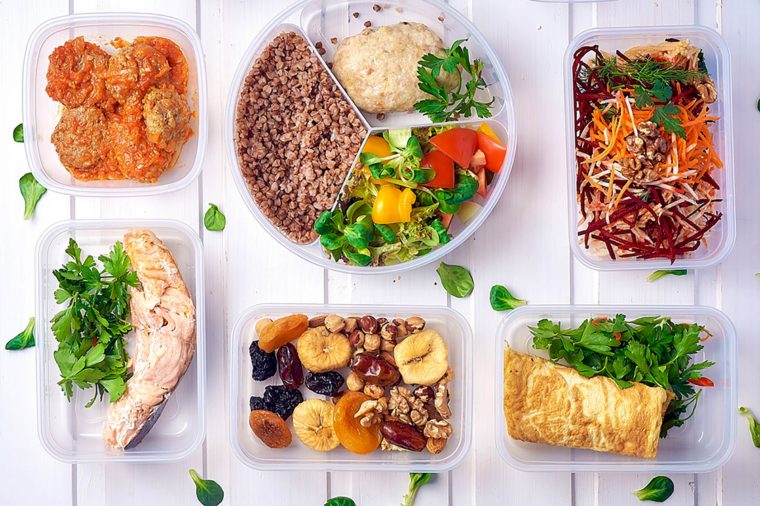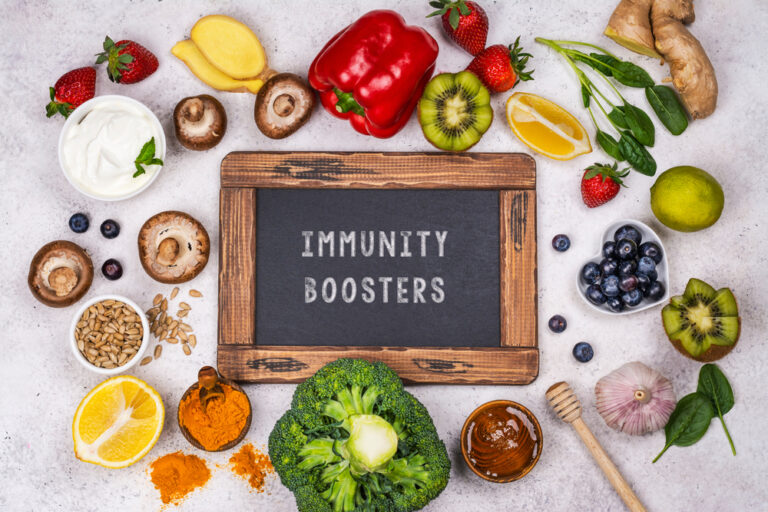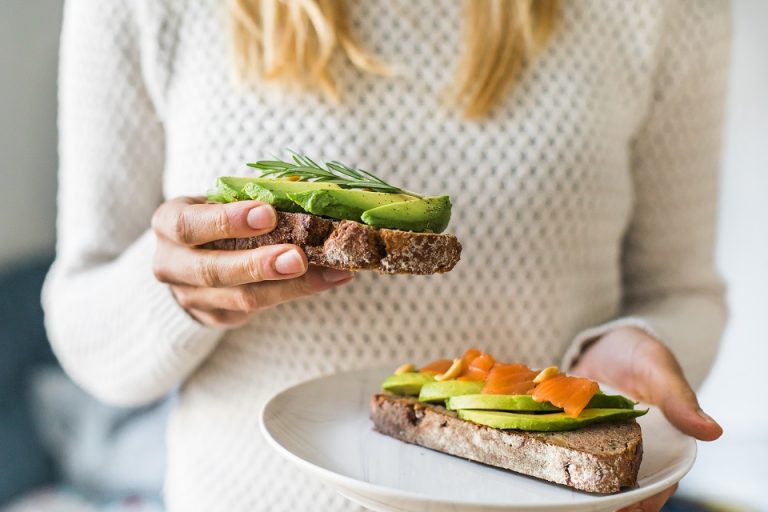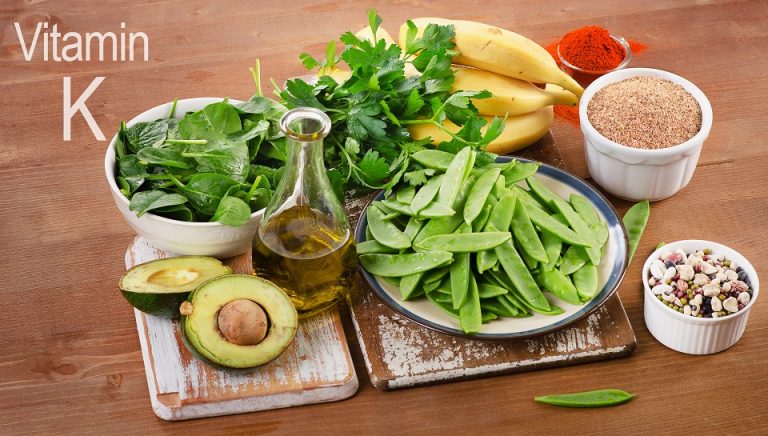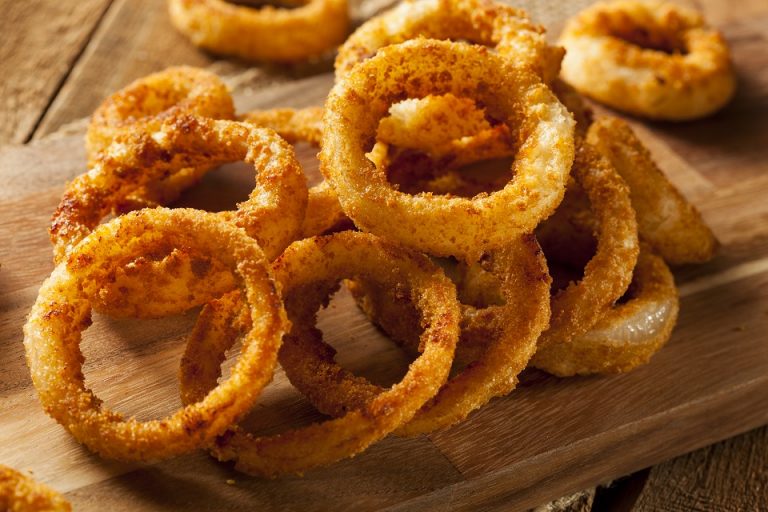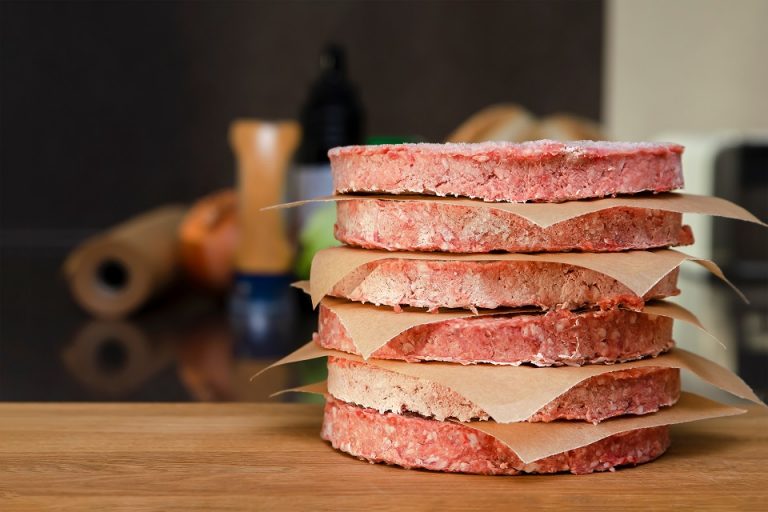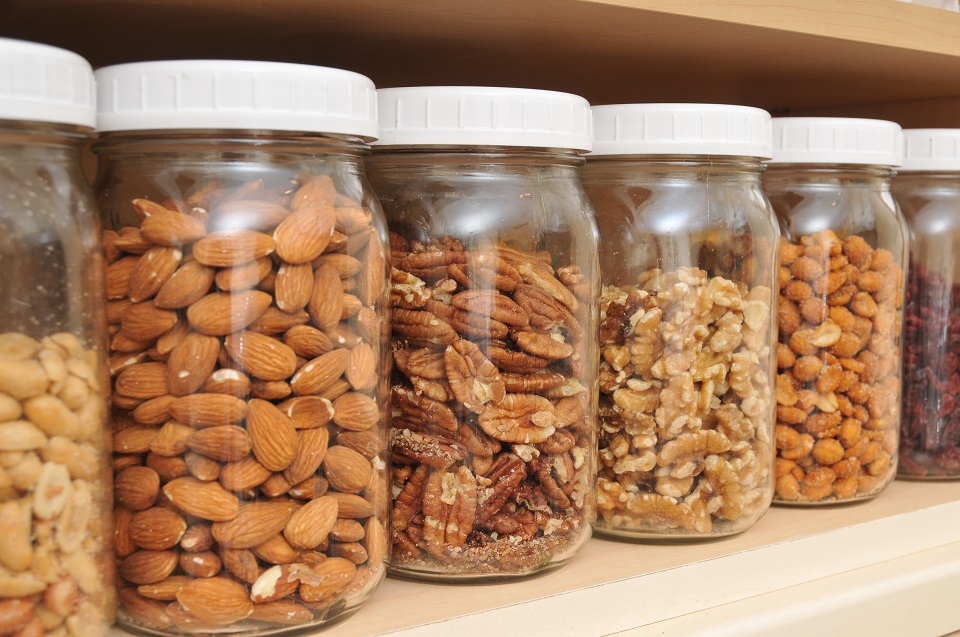
2. Nuts and seeds (including their butters)
What’s your favorite type of nut? What about seeds? We ask because depending on that both nuts and seeds can last between one and four months if stored properly.
Yes, they can’t beat beans’ shelf life, but still, when compared to other nutritional powerhouses, they are a good option for your pantry.
If you prefer nut butters, always choose the natural ones. Commercial counterparts often contain sugar, added oils, and preservatives. And while preservatives will most definitely increase their shelf lives, they aren’t good for your health.
Disregarding the fact that they are super tasty, both nuts and seeds (including their natural butters) offer a wide range of minerals and vitamins.
Here’s the nutritional profile of approximately 30 grams of walnuts:
- Fiber: 2 grams
- Protein: 4.3 grams
- Carbs: 4 grams
- Fat: 18.5 grams
- Magnesium: 11% of the DV
- Vitamin E: 1.3% of the DV
- Phosphorus: 8% of the DV
Among all nuts, walnuts and almonds are the best for your heart, but walnuts take the lead when it comes to brain health.
Thought we would forget about seeds? No…
The healthiest seeds you could possibly eat are flax and chia seeds. Both of them are great sources of omega-3s that are known for promoting heart health. For instance, 30 grams of flax seeds contain the following:
- Fiber: 7.8 grams
- Protein: 5.2 grams
- Calories: 152
- Monounsaturated fat: 2.1 grams
- Magnesium: 28% of the DV
- Manganese: 35% of the DV
- Thiamine (vitamin B1): 31% of the DV
- Omega-6 fats: 1.7 grams
- Omega-3 fats: 6.5 grams
Plus, flax seeds can last up to twelve months in your pantry (if stored correctly, of course).
Also of interest: Which Foods Should You or Shouldn’t You Keep Past the Expiration Date?




